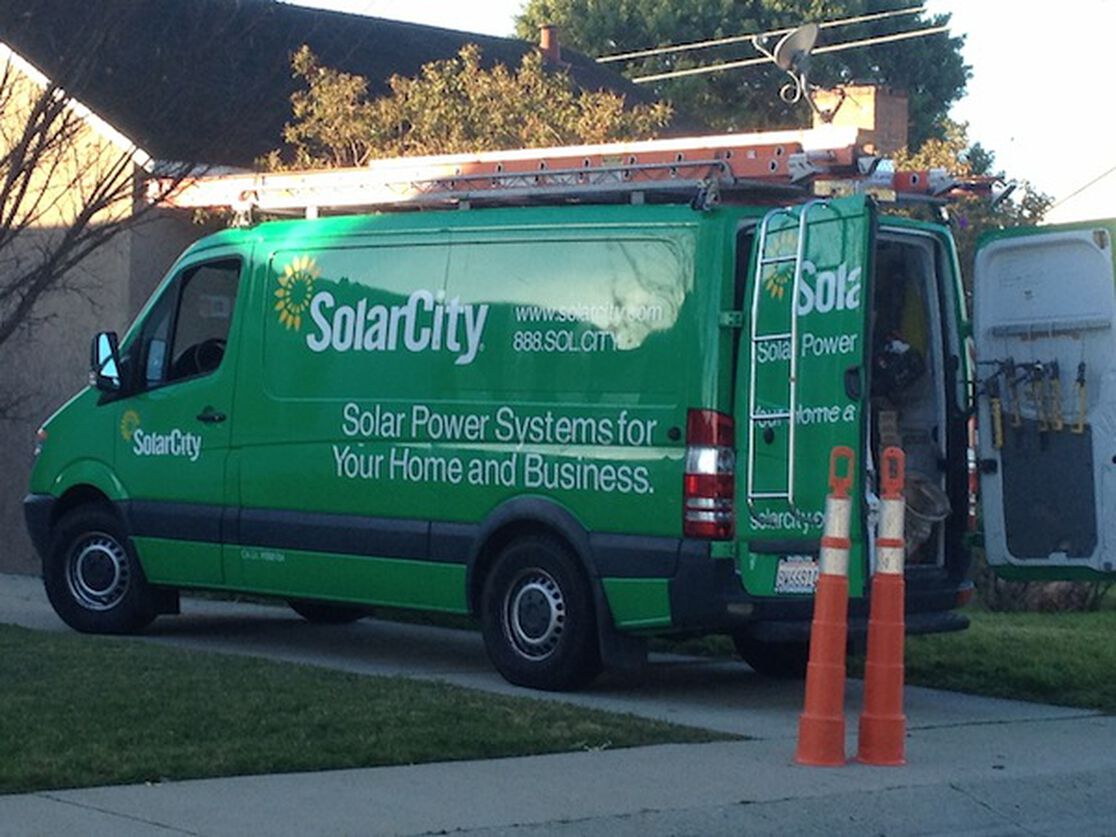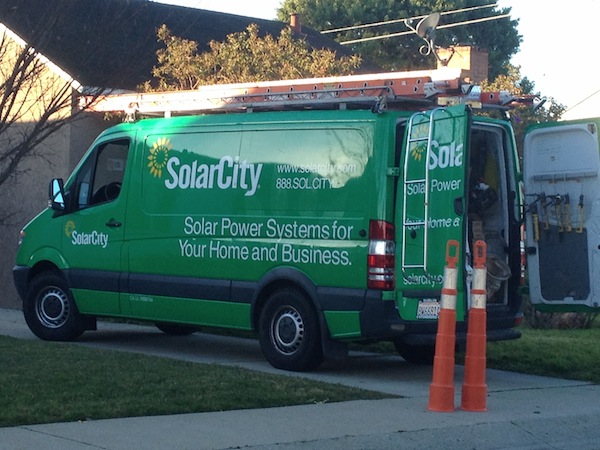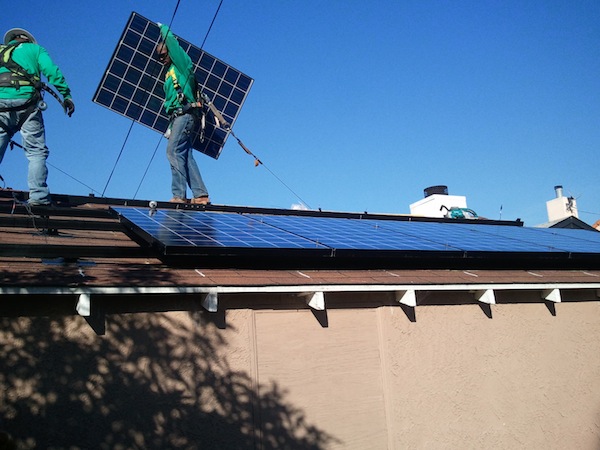Going Solar. It Saves Money and the Environment!
The use of solar energy has definitely expanded beyond our calculators in the last years. Now, living off the grid is a real possibility for consumers and isn’t simply a fiction we see in futuristic movies. But, despite the availability of this alternative energy source, many people have yet to adopt it — likely because there are many common misconceptions around its use.
Do these concerns about solar energy sound familiar?
- Too Expensive
- Unappealing Design
- Unreliable
This may have been true in the past, but thankfully residential solar options available today offer benefits that are quite the opposite. Home solar installation can be affordable, unobtrusive, and great for the environment!
Keya Chatterjee, Senior Director for Renewable Energy and Footprint Outreach at the World Wildlife Fund said it best on our own Honest blog:
When was the last time you heard about a huge solar energy spill? Workers getting hurt in a solar energy explosion? Kids getting asthma from solar energy? That stuff only happens with fossil fuels, and it’s all stuff our babies could live without.
Completing A Home Solar Installation Project
Earlier this year, Honest’s Social Goodness Manager Ashley King completed a solar installation in Los Angeles. Here’s a snapshot of her experience:
Home Type: Single-Family Home, 1020 square feet, Los Angeles County
Installation: 12 panels on a detached two-car garage
Cost: 20-year lease for about $2,800 (total pre-payment amount – nothing else due for 20 years!)
Annual Energy Produced (a.k.a. Dollars Saved!): An estimated savings of $15,000 over 20 years and a 25% return on investment, but for real-time savings click here!
Not Just Affordable, Solar Panels Can Save You Money!
In general, solar companies are offering both traditional sale options and newer lease options for customers interested in going solar. With a traditional sale, customers become the full owners of the panels and can finance them similar to any home or automotive purchase. However, it’s the newer lease options that make going solar a possibility for almost any homeowner.
These lease options have incentives such as $0 down and monthly payments less than your electric bill (which is completely eliminated), so you save money every month from the very start of the installation. You can also pre-pay the lease for a low amount and avoid having any sort of bill (electric bill or solar panel lease payment) for at least 20 years. At the end of the lease term (usually 20 years), you have the option of purchasing the panels at their depreciated price or to return them to the company.
A quick example of the savings you’d realize in the example above:
- WITHOUT Solar: Cost per kilowatt hour is 15.1 cents
- WITH Solar (lease pre-payment plan): Effective Cost per kilowatt hour is 3.9 cents
Solar Offers Sleek Design
Solar panels generally need to be facing a certain direction to collect the most direct sunlight possible and generate the highest amount of energy — translated into electricity produced. As shown below, the panels face south on the back roof of a detached garage. The panels lay flat on the sloped roof and the dark panels and black matte metal frame are sleek in appearance and blend into the overall home design. Far from an eyesore!
Going Solar Promises a Long-term Warranty and Guaranteed Results
Today, residential solar panels are extremely reliable and generally backed by complete service and performance warranties for around 20 years or the life of the solar lease. Repairs are usually free of charge (or for a very reasonable fee) and the electric output is guaranteed (or you will be reimbursed for any shortages over the lifetime of the system).
If you are a homeowner, going solar is definitely an option worth looking into! Have questions? Post them in the comments below and our Social Goodness Manager will get back to you about her personal experience going solar.
We aim to provide you with the most honest and credible information possible. This article was reviewed for accuracy by The Honest Team and its internal technical experts.
blog_review_statement






